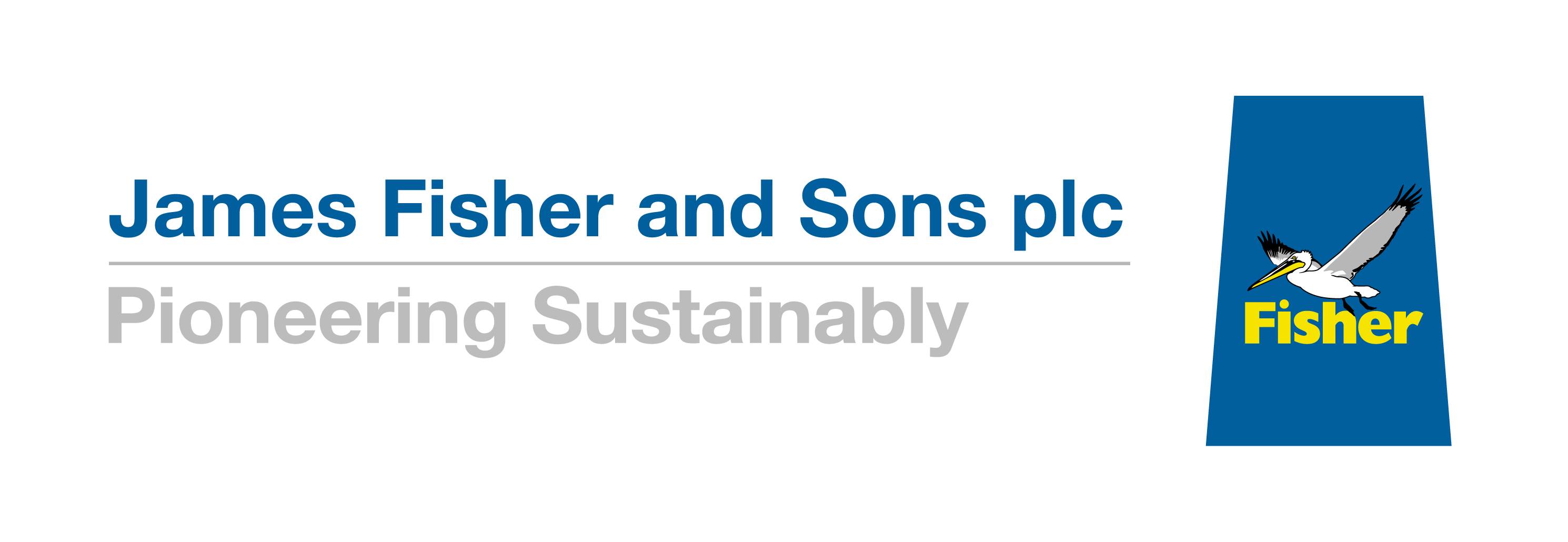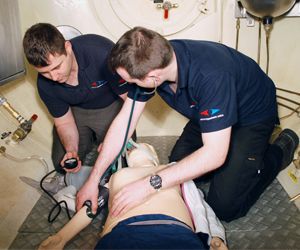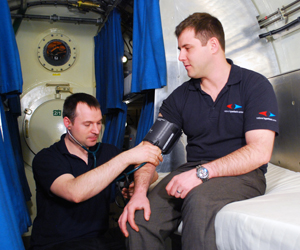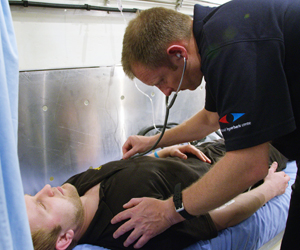- Products
- Commercial divers’ equipment
- Compasses and watches
- Defence divers’ equipment
- Diving instrumentation
- Electrical diving equipment
- Escape and abandonment
- Gas and fluid systems
- Medical and safety equipment
- Recompression chambers
- Submarine intervention
- Submarine rescue
- Tactical Diving Vehicles
- Ansti testing equipment
- Services
- Consultancy and personnel
- Engineering services
- Rescue and support
- Testing services
- Training services
- Ancillary dive gear
- Commercial equipment and tools
- Commercial helmets, masks and SCUBA
- Commercial rebreathers
- Commercial surface supply
- Diver's suits and harnesses
- Contaminated water diving system
- BIBS manifold block
- Divex back pressure regulator
- Divex interlock
- Hy-Fex hyperbaric fire extinguisher
- Hyperbaric flame detector
- Hyperlite hyperbaric stretcher
- Oxygen kits
- Ultralite 2 BIBS mask
- InVicto ventilator system
- DSAR rescue vehicles
- Launch and recovery systems
- Multi-role launch and recovery system
- Submarine rescue bell
- Client representatives
- Dive and ROV system audits
- Diving technical expertise
- Offshore personnel
- Rescue certification
- Remote audit solution
- Altitude testing and trials
- Hyperbaric welding
- Pressure testing and trials
- Test tank
- Breathing laboratory
- Commercial development courses
- Defence training courses
- Medical training courses
- Product specific courses
- Online training courses
- Classroom training FAQ
- Case Study: Roger Chapman Pisces III
- Case Study: HMS Edinburgh
- ANSTI CSTF
- Akademik Tofiq Ismayilov (ATI)
- Archive
- JFD strengthens Commercial Diving business with leadership appointments
- JFD unveils new product concept ‘Stealth Multi-Role’ at key industry events
- JFD North America enhances US Navy Submarine Rescue capabilities with advanced Integrated Communication System
- JFD successfully integrates and delivers advanced submarine rescue system for Republic of Korea Navy
- Archive
- Divulged - Winter 2017
- Divulged - Summer 2017
- Divulged - Winter 2016
- Divulged - Summer 2018
- Divulged - Winter 2018
- Divulged - Winter 2019
- Divulged 2021 Edition 1
- UDT 2019
- Visit JFD at UI 2016
- Visit us at OTC Asia 2018
- Visit JFD on stand 338 at Underwater Intervention 2018
- JFD is exhibiting at ONS 2018
- JFD is exhibiting at OSEA 2018
- Join JFD at IDEX 2019
- See JFD at Subsea Expo 2019
- JFD takes on BALT Military Expo
- JFD presents complete defence offering at UDT 2018 in Glasgow
- Join JFD at ADIPEC 2018
- Visit JFD at Pacific 2017
- Visit JFD at MSPO 2018 in Poland
- JFD presenting at UDT conference
- JFD is exhibiting alongside James Fisher Nigeria at NOG
- JFD exhibiting at UDT 2016
- Visit JFD at Underwater Intervention 2019
- JFD is participating at Underwater Defence & Security
- See JFD at this year’s IMCA Annual Seminar
- JFD is exhibiting at LAAD Defence & Security 2019
- JFD LEXMAR is exhibiting at OSEA 2016
- JFD is exhibiting at Subsea Expo 2017
- Visit JFD at Indo Defence 2018 Expo and Forum
- Visit JFD on stand 403 at Underwater Intervention 2017
- JFD exhibiting at Europoltech
- JFD at IMDEX
- Visit JFD at UDT 2017
- Visit JFD at DSEI 2017
- JFD is exhibiting at OTC 2018
- JFD is exhibiting at Subsea EXPO 2018
- JFD is exhibiting at Sea Air Space 2018
- Visit JFD at DSA 2018
- See JFD at Defexpo 2018
- JFD is exhibiting at ADIPEC 2017
- Come see JFD at DSEI!
- See JFD at IMDEX Asia 2019
- JFD is at Oil & Gas Asia 2019
- Experience DSEI with JFD
- See JFD's full defence capability at MSPO 2019
- JFD is exhibiting at this year's Offshore Europe
- Visit us on stand 2S16 at Pacific
- See JFD at ADIPEC on stand 13572
- Explore our commercial capabilities at Bergen International Diving Seminar
- JFD showcasing commercial and defence capabilities at Underwater Intervention
- JFD exhibiting alongside James Fisher Offshore at Subsea Expo
- Visit our stand at DSEI 2021!
- Join JFD at Subsea Expo 2022
- Visit JFD Australia at Indo Pacific 2022
- JFD North America is exhibiting at SOFIC 2022
- Experience CNE 2022 with JFD
- Discover JFD at UDT 2022
- Join JFD at GSOF Symposium Europe this October

Diver medic technician course
JFD's diver medic course combines intensive practical modules with detailed theoretical modules to deliver high quality training to diver medic delegates.
IMCA advises that all divers should complete a diver medic technician course as part of their diver training.
The JFD diver medic course combines intensive practical modules with detailed theoretical modules to offer high quality intensive training, in diving procedures and diving medicine provided by experienced medics and diving doctors.
The course makes use of modern training aids corresponding to the DMAC 015 medical kits, to offer realistic practical training to diver medic delegates.
| Course | Start date | End date | Location | Min students | Cost | Book |
| IMCA diver medic technician (DMT) | Email for availability | Aberdeen - NHC | 5 | £1,150 +VAT | BOOK NOW |
This course can be scheduled on demand anywhere in the world.
|
Practical training within NHC sat system |
Practical training within NHC sat system |
Practical training within NHC sat system |
|
|
|
Course objectives
Major diving operators worldwide require at least one diver medic as a pre-requisite for both saturation and air diving team selection worldwide.
IMCA also advise that all divers should complete a diver medic technician course as part of their diver training.
To be deemed capable of administering advanced first aid and emergency treatment. To be efficient in carrying out the directions of a doctor in a diving environment.
Entry requirement
To qualify for an IMCA diver medic qualification, applicants must:
- Hold an offshore qualification in diving. This can be an LST, diving supervisor or diving qualification recognised by IMCA (offshore grade)
- Hold a valid diving medical as suitable to go under pressure in a chamber. Sports diving or UKOOA medicals are not acceptable
If you do not hold both of these requirements candidates will be issued with an NHC Certificate. Please contact the National Hyperbaric Centre who will be happy to provide you with further information.
Certification
On successful completion of the course, delegates are given the relevant certification of training. The certificate is valid for 2 years from date of issue. Renewal of this qualification is required as a refresher course between the final three months of validity and 8 weeks after the expiry date. NHC offers regular refresher courses.
Course duration
10 days.
The National Hyperbaric Centre diver medic course, combines intensive practical modules with detailed theoretical modules to offer high quality intensive training, in diving procedures and diving medicine provided by experienced medics and diving doctors. The course makes use of modern training aids corresponding to the DMAC 015 medical kits to offer realistic practical training to diver medic delegates.
Aberdeen courses
Courses ran at NHC Aberdeen have access to the NHC saturation diving system where practical elements of the course can be carried out within realistic chamber environments, giving candidates the best preparation for real-life scenarios.
For Aberdeen courses, an evening placement is included at Aberdeen Royal Infirmary’s accident and emergency department. This is an ideal opportunity for students to put their new skills in to practice within a real working environment.
Topics include:
- Casualty handling under pressure
- Care of medical equipment/record keeping
- Diving related illness: barotraumas, decompression illness
- Advanced life support
- Control and management of dive related injury or illness
- Insertion of chest drain
- Patient examination
- Basic anatomy and physiology
- Intraosseous infusion
- Use of defibrillator
- Oxygen administration
| Course | Start date | End date | Location | Min students | Cost | Book |
| IMCA diver medic technician (DMT) | Email for availability | Aberdeen - NHC | 5 | £1,150 +VAT | BOOK NOW |
This course can be scheduled on demand anywhere in the world.
|
Practical training within NHC sat system |
Practical training within NHC sat system |
Practical training within NHC sat system |
|
|
|
Course objectives
Major diving operators worldwide require at least one diver medic as a pre-requisite for both saturation and air diving team selection worldwide.
IMCA also advise that all divers should complete a diver medic technician course as part of their diver training.
To be deemed capable of administering advanced first aid and emergency treatment. To be efficient in carrying out the directions of a doctor in a diving environment.
Entry requirement
To qualify for an IMCA diver medic qualification, applicants must:
- Hold an offshore qualification in diving. This can be an LST, diving supervisor or diving qualification recognised by IMCA (offshore grade)
- Hold a valid diving medical as suitable to go under pressure in a chamber. Sports diving or UKOOA medicals are not acceptable
If you do not hold both of these requirements candidates will be issued with an NHC Certificate. Please contact the National Hyperbaric Centre who will be happy to provide you with further information.
Certification
On successful completion of the course, delegates are given the relevant certification of training. The certificate is valid for 2 years from date of issue. Renewal of this qualification is required as a refresher course between the final three months of validity and 8 weeks after the expiry date. NHC offers regular refresher courses.
Course duration
10 days.
The National Hyperbaric Centre diver medic course, combines intensive practical modules with detailed theoretical modules to offer high quality intensive training, in diving procedures and diving medicine provided by experienced medics and diving doctors. The course makes use of modern training aids corresponding to the DMAC 015 medical kits to offer realistic practical training to diver medic delegates.
Aberdeen courses
Courses ran at NHC Aberdeen have access to the NHC saturation diving system where practical elements of the course can be carried out within realistic chamber environments, giving candidates the best preparation for real-life scenarios.
For Aberdeen courses, an evening placement is included at Aberdeen Royal Infirmary’s accident and emergency department. This is an ideal opportunity for students to put their new skills in to practice within a real working environment.
Topics include:
- Casualty handling under pressure
- Care of medical equipment/record keeping
- Diving related illness: barotraumas, decompression illness
- Advanced life support
- Control and management of dive related injury or illness
- Insertion of chest drain
- Patient examination
- Basic anatomy and physiology
- Intraosseous infusion
- Use of defibrillator
- Oxygen administration







